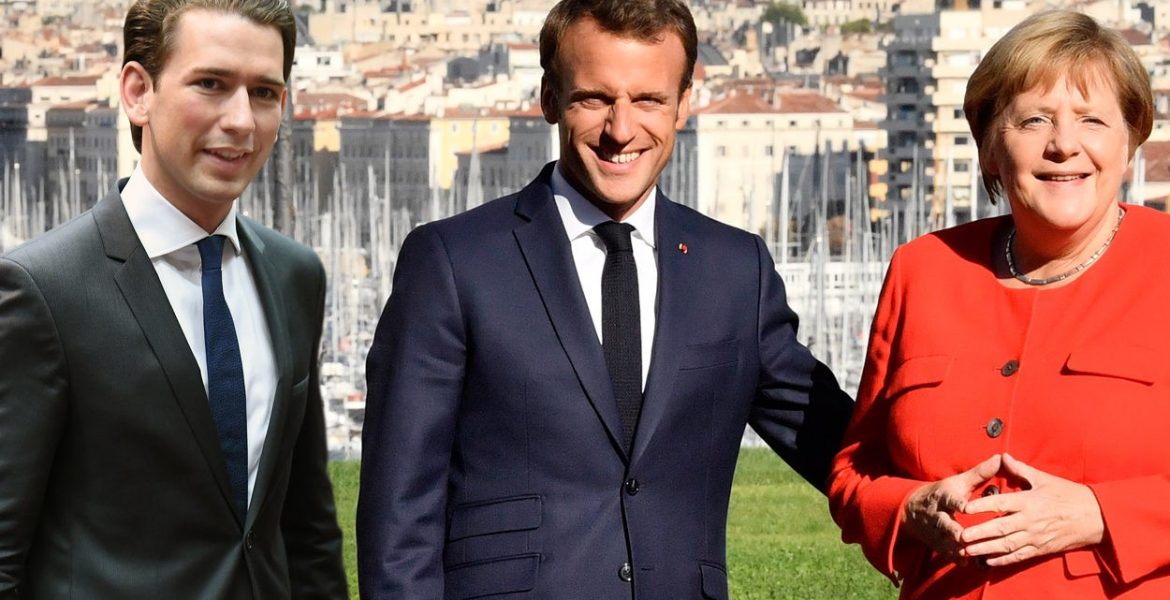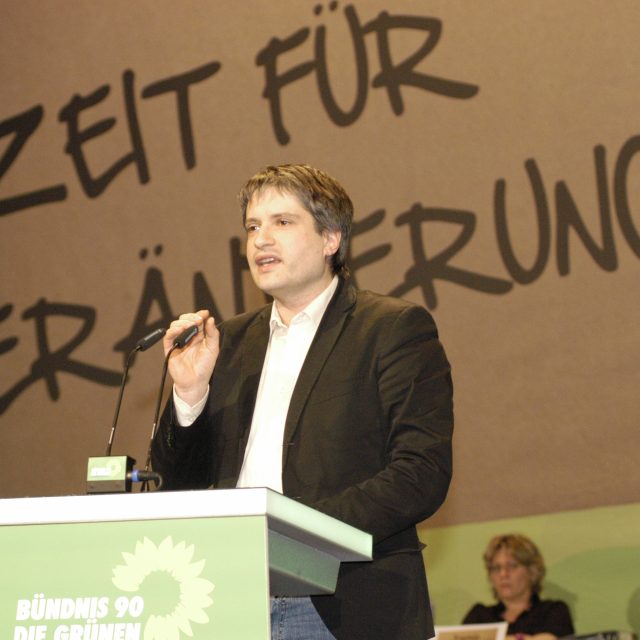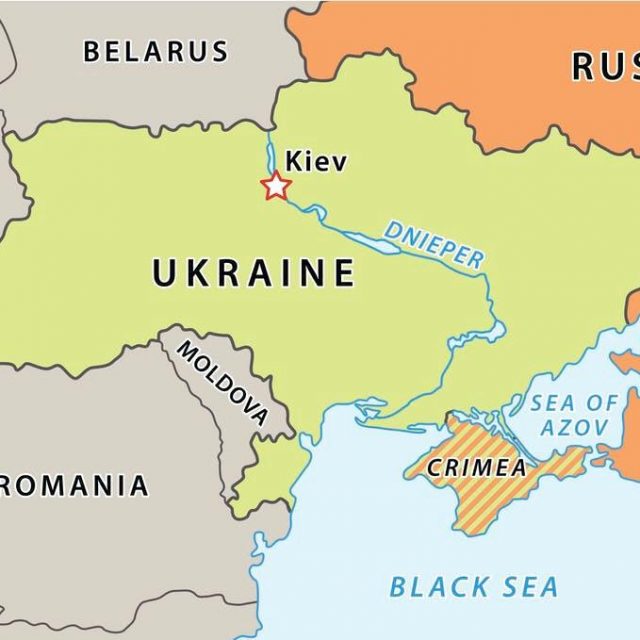Yesterday (Tuesday 10th November) Chancellors Merkel and Kurz and President Macron held an online summit on the implications of the latest Islamist terrorist attacks in France and Austria. They agreed that they wanted to work on reforms for the Schengen area, which consists of Austria, Belgium, Czechia, Denmark, Estonia, Finland, France, Germany, Greece, Hungary, Iceland, Italy, Latvia, Liechtenstein, Lithuania, Luxemburg, Malta, Netherlands, Norway, Poland, Portugal, Slovakia, Slovenia, Spain, Sweden and Switzerland.
Angela Merkel said citizens in the Schengen area would not have to expect more border checks. She also stressed the whole endeavor was not about a fight between Islam and Christianity, but rather about doing something against all kinds of extremism.
French President Macron warned Islamist terrorism had become a “European reality we need to find a quick and coordinated answer to.” He pleaded for stricter controls at the outer borders f Schengen.
Austrian Chancellor Kurz stated the European Union needed to “take decisive action against Islamist individuals and secure the outer borders”.
In a press statement after the conference President Ursula von der Leyen of the European Commission said that on 9 December, the Commission will be presenting a new European agenda on combating terrorism.
The intention is to make progress on three levels. The first is prevention. The second is protection of the external borders and the third is action.
On prevention: she urged to begin at the root causes, before radicalisation happens. The best means, the most effective weapon against every form of extremism is for young people to have prospects. Fior this reason the European Commission will present a new European action plan for integration and inclusion on 24 November that will take up precisely these issues.
On the protection of the external borders: At the end of the month Europe will hold the first so-called Schengen Forum. This is a forum in which we will look at the strengths and weaknesses of Schengen. The Commission intends to present a new Schengen Strategy in May 2021. One of the main issues to be tackled will be the strengthening EURODAC. This is also part of the Migration Package. It is also important for Europol to receive more competences so that it can access information better and to strengthen cross-border European action. A Europe without internal borders is possible only if there is reliable protection of the external borders, and this is also only possible with stronger police cooperation.
Finally, on 9 December the European Commission will present the European agenda on combating terrorism, with a stronger mandate for Europol. This will also better address the gaps in the Schengen Information System because its implementation has not always been entirely successful. For example, there only 80% of all passengers entering the European Union are actually systematically controlled. Here Europe must do much better. It is a simple quick procedure which involves swiping a passport through a reader. So there are very pragmatic steps Europe can take to improve the security situation.
In conclusion von der Leyen stressed that European cooperation clearly signals resolve and unity in defending our common values and our freedoms.




